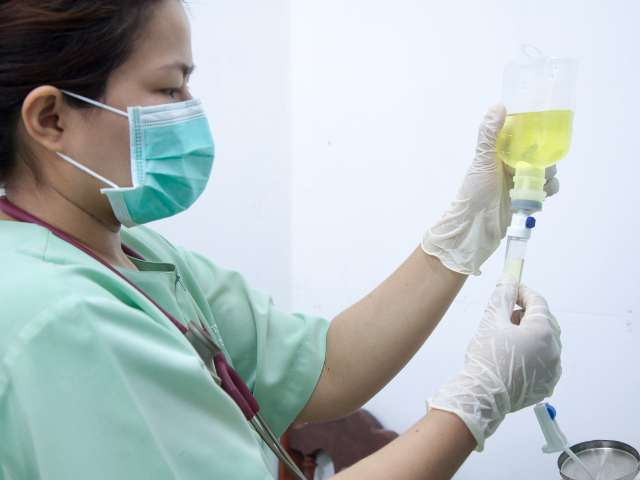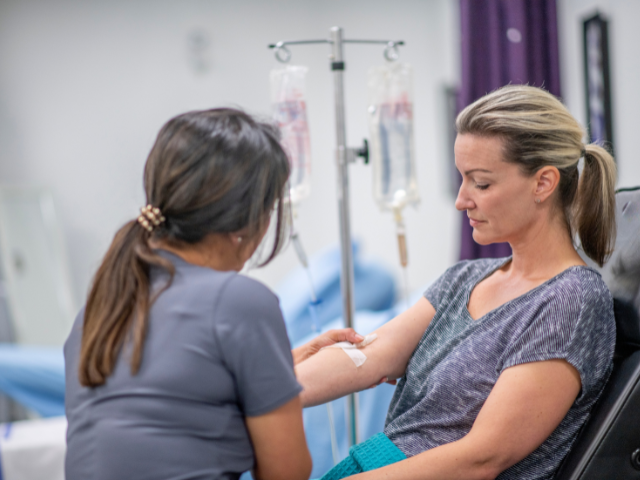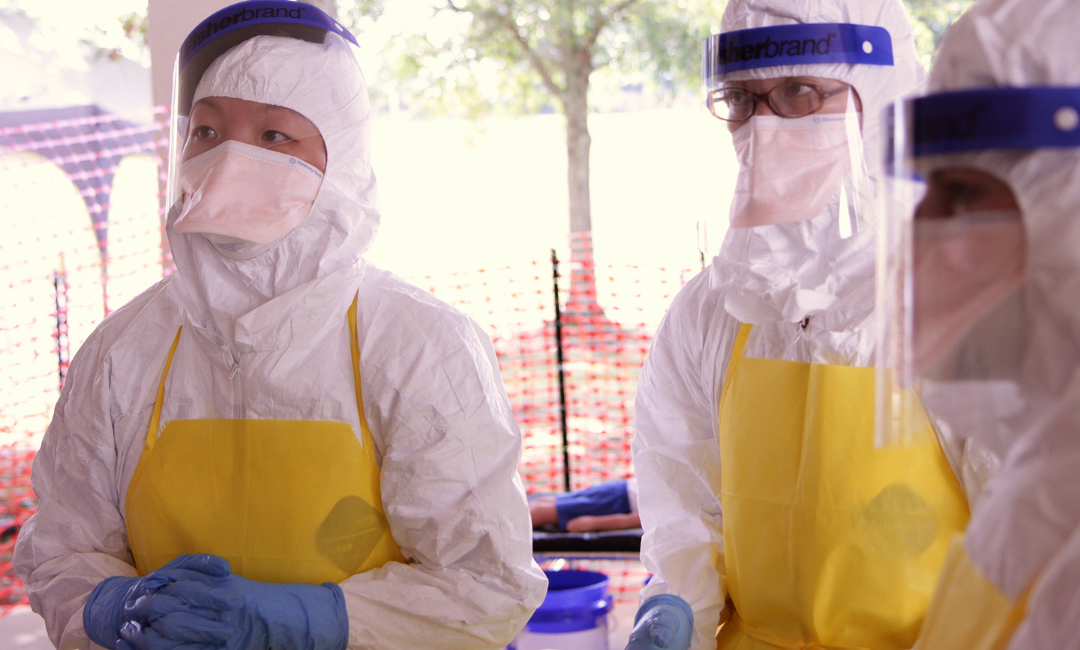Rationing Supplies & Postponing Surgery During IV Shortages
As the Baxter plant brings its production back to normal levels, hospitals are preserving their current IV supplies.
Dr. Jonathan Stallkamp, chief medical officer at Pennsylvania’s Main Line Health, told WHYY that the supplies are “as ubiquitous as a Band-Aid or a scalpel,” but his hospitals have been receiving less than half of their normal IV fluid supply.
Workers at his facilities have, in some cases, given patients Gatorade instead of an IV (if they’re still able to drink) or delivered medication via syringe and flushed with a “small amount of saline, which uses far less fluid than the usual practice,” the outlet reported.
“We right now have enough fluids on tap to be able to continue to provide surgeries,” Stallkamp said. “But we’ll continue to watch: There are many health systems across the country who have actually had to start to pause surgeries. And we are hoping not to be one of those.”
Colorado’s Banner Health is among more than a dozen hospital systems to do just that. The health system’s spokeswoman told the Denver Post that “some non-emergency procedures have been delayed or cancelled.” Nashville’s VA hospital also has cancelled or postponed procedures.
Representatives from the Massachusetts Nurses Association told Boston 25 News that there’s “some trepidation” surrounding the pausing of non-emergency surgeries.
“Let’s say you needed a heart valve. It isn’t emergent right now, but it’s having a huge effect on your care,” said Katie Murphy, president of the Massachusetts Nurses Association.
Five governors also penned a letter to the White House on Oct. 17 requesting that the following actions be taken:
- Collaborate with the FDA to identify international manufacturers that can produce sterile IV solutions and their containers.
- Extend the shelf life of sterile IV and peritoneal dialysis solutions that are nearing, or have already reached, their expiration dates but meet safety and efficacy standards.
- Remove barriers that prevent the importation of sterile IV and peritoneal dialysis solutions.
- The Federal Trade Commission and the Department of Justice should be on alert for price gouging related to the IV solution shortage.
The American Hospital Association and Society of Critical Care Medicine also have sent letters to federal officials related to the shortage.









